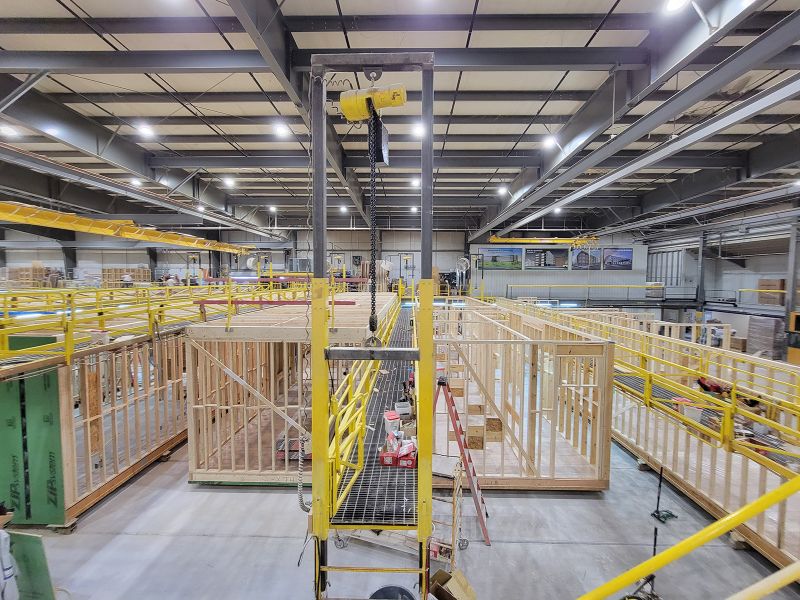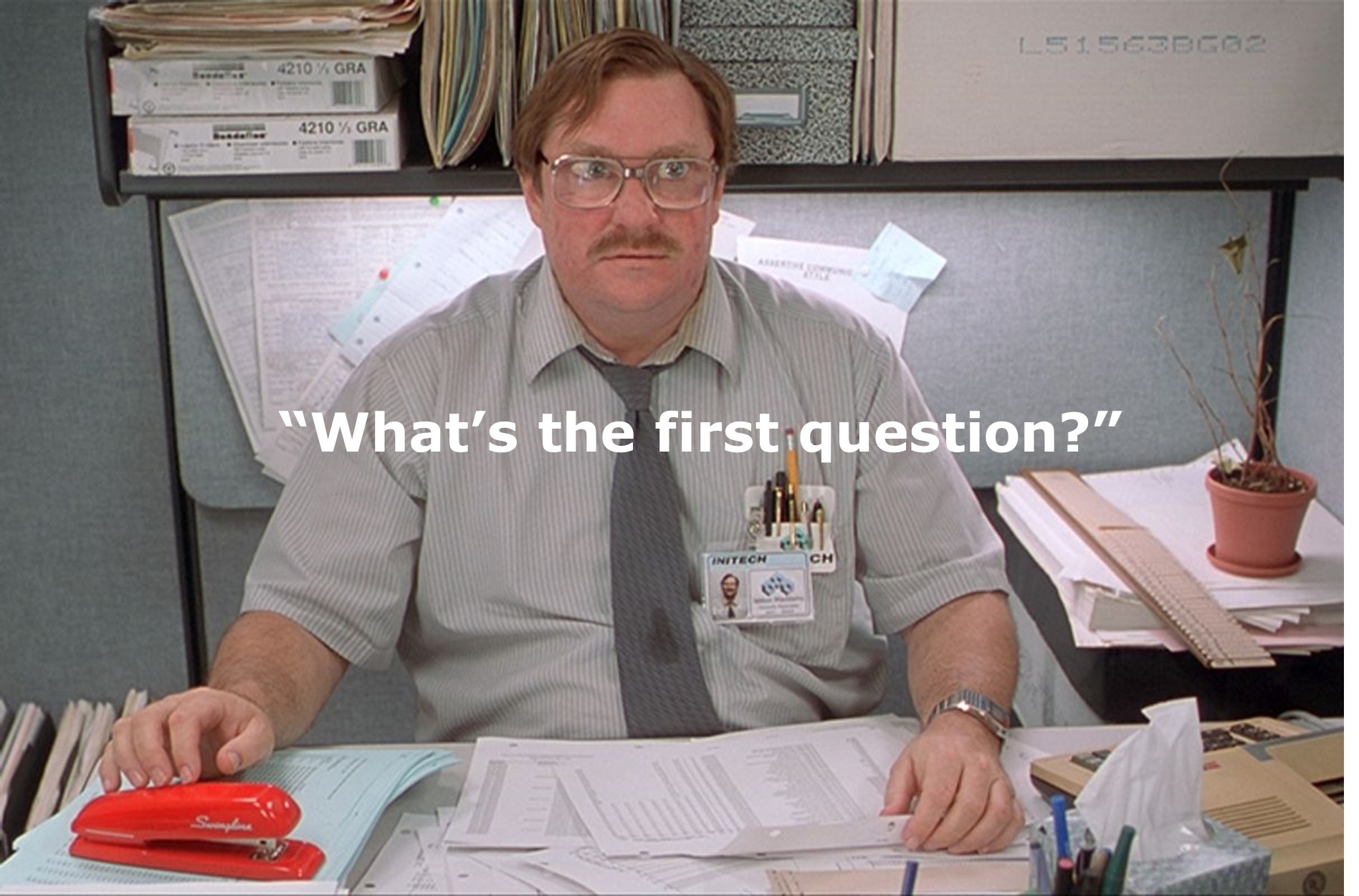In modular and offsite construction, success hinges on more than just the ability to manufacture high-quality components. To stay competitive, factory owners must navigate a complex landscape of operational challenges, market dynamics, and technological advancements. To thrive in this environment, it is essential for business leaders to be deeply introspective, asking themselves the right questions to guide their strategies and decisions.

Photo – Homeway Commercial
At the heart of any successful offsite construction business is a clear understanding of what sets it apart from the competition. This involves not only defining a unique value proposition but also ensuring that every aspect of the operation—from production efficiency to workforce management—is optimized for excellence. Additionally, the ability to anticipate and adapt to market shifts, regulatory changes, and supply chain disruptions can mean the difference between growth and stagnation.
Equally critical is the need for a well-defined business and marketing plan. This serves as the blueprint for the company’s future, aligning day-to-day operations with long-term goals and providing a framework for reaching and engaging target markets. By addressing these key questions, factory owners can build a strong foundation for success, ensuring that they are not only meeting the current demands of the industry but are also prepared for future challenges and opportunities.
“It’s a hundred times easier to lose a million than it is to make a million”
.
1. What is our unique value proposition in the market?
Why it matters: To stand out in a competitive industry, factory owners must clearly articulate what makes their products or services unique, whether it’s faster build times, higher quality, sustainable materials, or cost efficiency. This differentiates them from competitors and attracts potential clients.
2. How do we ensure consistent quality control throughout the production process?
Why it matters: Maintaining high standards is essential for building trust with clients and ensuring long-term success. Quality control in offsite construction is complex, given the reliance on precision and coordination between different stages of production.
3. What is our plan for managing and mitigating supply chain disruptions?
Why it matters: The success of offsite construction hinges on a reliable supply chain. Disruptions can lead to delays, increased costs, and damage to client relationships. Having a proactive strategy for supply chain management is crucial.
4. How do we attract, train, and retain skilled labor?
Why it matters: The skilled labor shortage is a significant challenge in the industry. A factory’s ability to attract and retain talent, and provide ongoing training, is key to maintaining productivity and quality, and scaling operations effectively.
5. What is our strategy for adapting to changes in market demand and regulatory requirements?
Why it matters: The modular and offsite construction industry is subject to shifts in market trends, customer preferences, and evolving regulations. A successful factory owner needs to be agile and forward-thinking to adapt quickly and remain compliant and competitive.
6. How do we manage and optimize production efficiency to reduce waste and costs?
Why it matters: Efficient production processes not only reduce costs but also minimize waste, which is essential for maintaining profitability and meeting sustainability goals. An optimized production line also helps in meeting project deadlines consistently.
7. What is our strategy for scaling the business, both in terms of capacity and geographic reach?
Why it matters: Growth is a key indicator of success. Having a clear plan for scaling operations, whether by increasing factory capacity, expanding to new markets, or diversifying product offerings, is crucial for long-term success and competitiveness.
8. How do we ensure strong relationships with clients, architects, and other stakeholders?
Why it matters: The success of offsite construction projects often depends on close collaboration with various stakeholders. Building and maintaining strong relationships ensures smoother project execution, repeat business, and positive word-of-mouth, which are vital for business growth.
9. What is our approach to innovation and staying ahead of industry trends?
Why it matters: The offsite construction industry is rapidly evolving with new technologies, materials, and methods emerging regularly. A factory owner needs a strategy for continuous innovation to stay competitive, whether by adopting new technologies, improving processes, or exploring new business models.
10. Do we have a comprehensive business and marketing plan that aligns with our long-term goals?
Why it matters: A well-defined business and marketing plan provides a roadmap for growth, helps in setting clear objectives, and ensures that all efforts are aligned with the company’s vision. It also guides resource allocation, helps in identifying target markets, and outlines strategies for reaching and engaging potential customers. Without a solid plan, it’s difficult to measure success, adapt to changes, or attract investment.
Modcoach Note
In an industry as dynamic and competitive as modular and offsite construction, the ability to ask and answer these critical questions can define the trajectory of a business. Factory owners who take the time to reflect on their value proposition, operational efficiency, workforce strategy, and growth plans are better equipped to navigate the challenges and capitalize on the opportunities that arise. By staying proactive, adaptable, and aligned with long-term goals, these leaders position their businesses not just to survive, but to thrive in an evolving marketplace.
As the demand for innovative construction solutions continues to grow, the importance of strategic thinking and meticulous planning cannot be overstated. Success in this sector requires more than just technical expertise; it demands a holistic approach that integrates quality control, market insight, and forward-thinking leadership. By ensuring that these ten questions are at the forefront of their business strategy, offsite factory owners can confidently steer their companies toward sustainable growth and lasting impact in the industry.
.
CLICK HERE to read the latest edition
Contact Gary Fleisher












